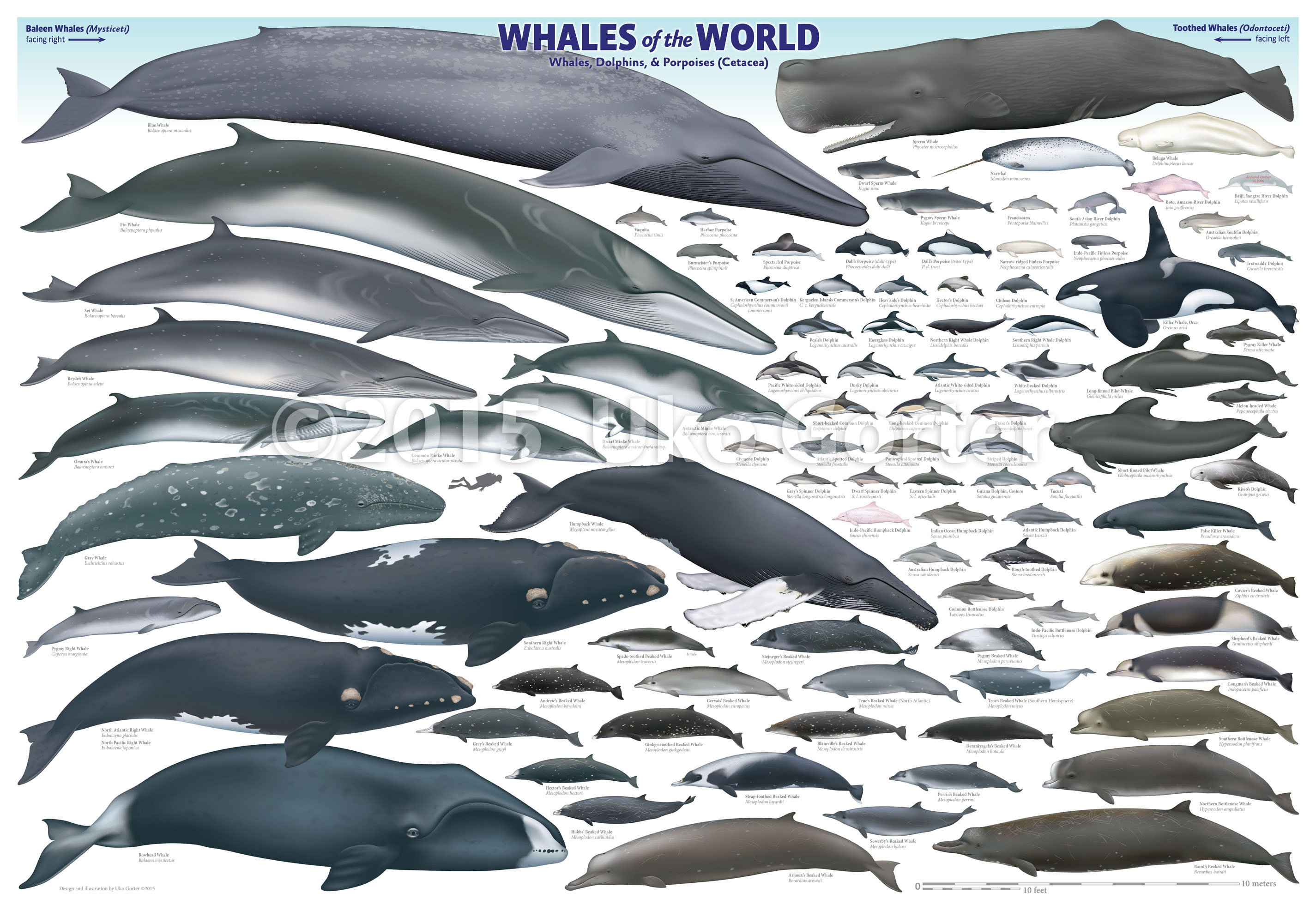This Creationist article is an old one, but it is one of the more concise Creationist articles to clearly allow for Evolution - - just not too much! But instead of pitching them on Evolution, I think we just need to get them to allow “a little speciation”, and the work will be just about done.
While the article robust rejects “Common Descent”, it also tries to make an arbitrary line in the sand about how much evolution can occur.
But I think we can organize enough evidence to show that this line is arbitrary - - and thus erase the line! To do so, we just need Creationists realize that “Speciation” is easy … and the rest is History!
Once we confirm that this or that Creationist group allows for limited post-Flood speciation, all we have to do is show them that “limited speciation” inevitably includes complete reproductive incompatibility. The story of the whale is the perfect case study.
TETRAPOD MAMMAL - LIVES IN RIVERS

.
.
.
Once you demonstrate a Tetrapod Mammal that gives birth on the land (if not hippos, then the predecessors of hippos) … can seamlessly become a 3 finned mammal that gives birth in the oceans… the work is relatively complete.
.
.
.
TRI-FIN MAMMAL - LIVES IN THE OPEN OCEAN

^^^^^^^^^^^^^^^^^^^^^^^^^^^^^^^^^^^^^^^^^^^^^^^^^^^^^^^^^^^^^^^^^^^^^^^^
Below is a section from the linked article:
“The truth lies somewhere between these two extremes: yes, species change, but variation has clear limits.”
“Another group, usually overlooked today, accepted species variability but argued for a more limited kind of change than that proposed by Darwin. Among these was the German entomologist and Jesuit Erich Wasmann, who did not accept the common ancestry of mammals, birds, and reptiles.7 Another was the Englishman Harold C. Morton, who advocated a theory of “parvolution,” or evolution within limits (from the Latin parva, meaning “small”).”
“The truth lies somewhere between these two extremes: yes, species change, but variation has clear limits. In the USA, early young-age creationists were independently developing similar ideas. For example, in the early 1940s, biologist Frank L. Marsh argued that new species were produced within the original created kinds that God had made. Marsh coined the term baramin from two Hebrew words used in Genesis 1 meaning “created kind,” and his ideas led to the founding of the modern scientific discipline of baraminology (see “Building a Community for Discovery,” p. 76).”
“This brief survey makes it clear that creationists have had a variety of views on the nature of species since at least the time of Linnaeus. Sadly, Darwin overreacted to the mistaken essentialist view that dominated nineteenth-century Victorian England, dumping Christianity and the Bible along with it. The result was the triumph of evolutionary thinking in the twentieth century.”
.
.
.
.
.